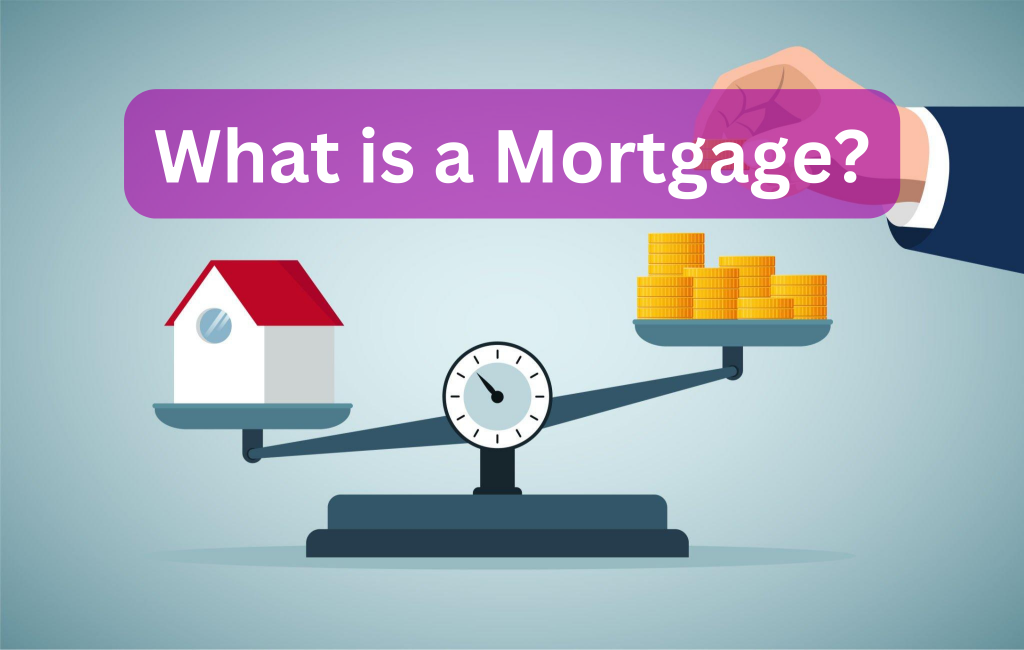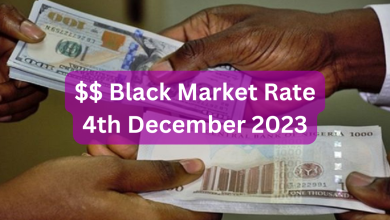Mortgage Meaning: Understanding The Basics Of Mortgage

If you’re thinking about buying a home, you’ve probably heard the term “mortgage” thrown around quite a bit. But what exactly is a mortgage, and how does it work? In this beginner’s guide, we’ll break down the basics of mortgages to help you understand what you’re getting into.
What is a mortgage?
A mortgage is a loan that you take out to buy a property. The property itself serves as collateral for the loan, which means that if you fail to make your mortgage payments, the lender can take possession of the property.
Mortgages typically have a fixed term, which is the amount of time it will take to pay off the loan. Most mortgages have a term of 15 or 30 years, although other terms are available.
How does a mortgage work?
When you take out a mortgage, you’ll need to make a down payment on the property. This is typically 10-20% of the purchase price, although some lenders may require more or less.
The lender will then give you the remainder of the purchase price in the form of a loan, which you’ll need to repay with interest over the term of the mortgage. Your monthly mortgage payment will typically include both principal (the amount you borrowed) and interest (the cost of borrowing that money).
There are two main types of mortgages: fixed-rate mortgages and adjustable-rate mortgages.
Fixed-rate mortgages have a set interest rate that remains the same for the entire term of the loan. This can be helpful if you want to have a consistent monthly payment that won’t change over time.
Adjustable-rate mortgages (ARMs), on the other hand, have an interest rate that can fluctuate over time. ARMs typically have a lower initial interest rate than fixed-rate mortgages, but the rate can go up or down based on market conditions. This can be a riskier option, as your monthly payment could go up significantly if interest rates rise.
What factors affect your mortgage?
When you apply for a mortgage, the lender will consider a variety of factors to determine whether to approve you for the loan and what terms to offer you. These factors may include:
- Your credit score: Your credit score is a measure of your creditworthiness, and lenders use it to assess how likely you are to repay your debts on time. A higher credit score can lead to better mortgage terms.
- Your debt-to-income ratio: This is the amount of debt you have compared to your income. Lenders want to see that you have enough income to comfortably repay your mortgage.
- The size of your down payment: A larger down payment can help you qualify for a mortgage with better terms.
- The type of property you’re buying: Some lenders may have restrictions on the types of properties they’ll lend for, such as condos or mobile homes.
- Your employment history: Lenders want to see that you have a stable source of income to repay your mortgage.
Buying a home is a big financial decision, and getting a mortgage is a key part of that process. By understanding the basics of how mortgages work and what factors can affect your mortgage terms, you’ll be better prepared to make an informed decision about buying a home that fits your budget and your lifestyle.







